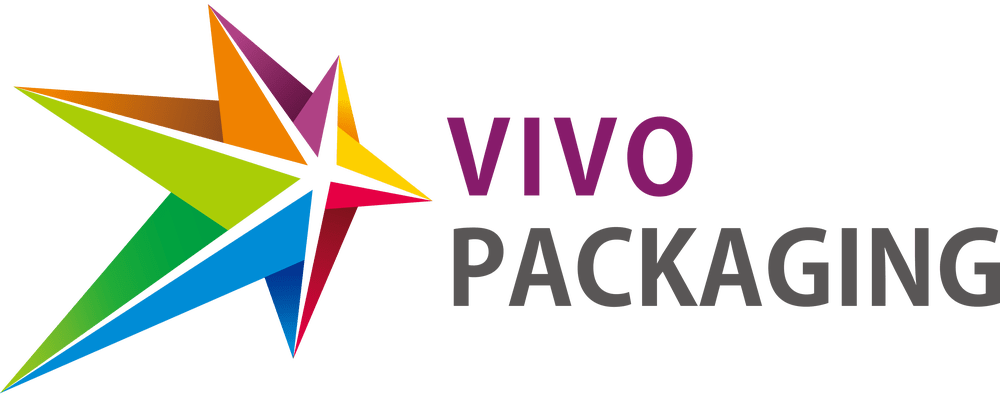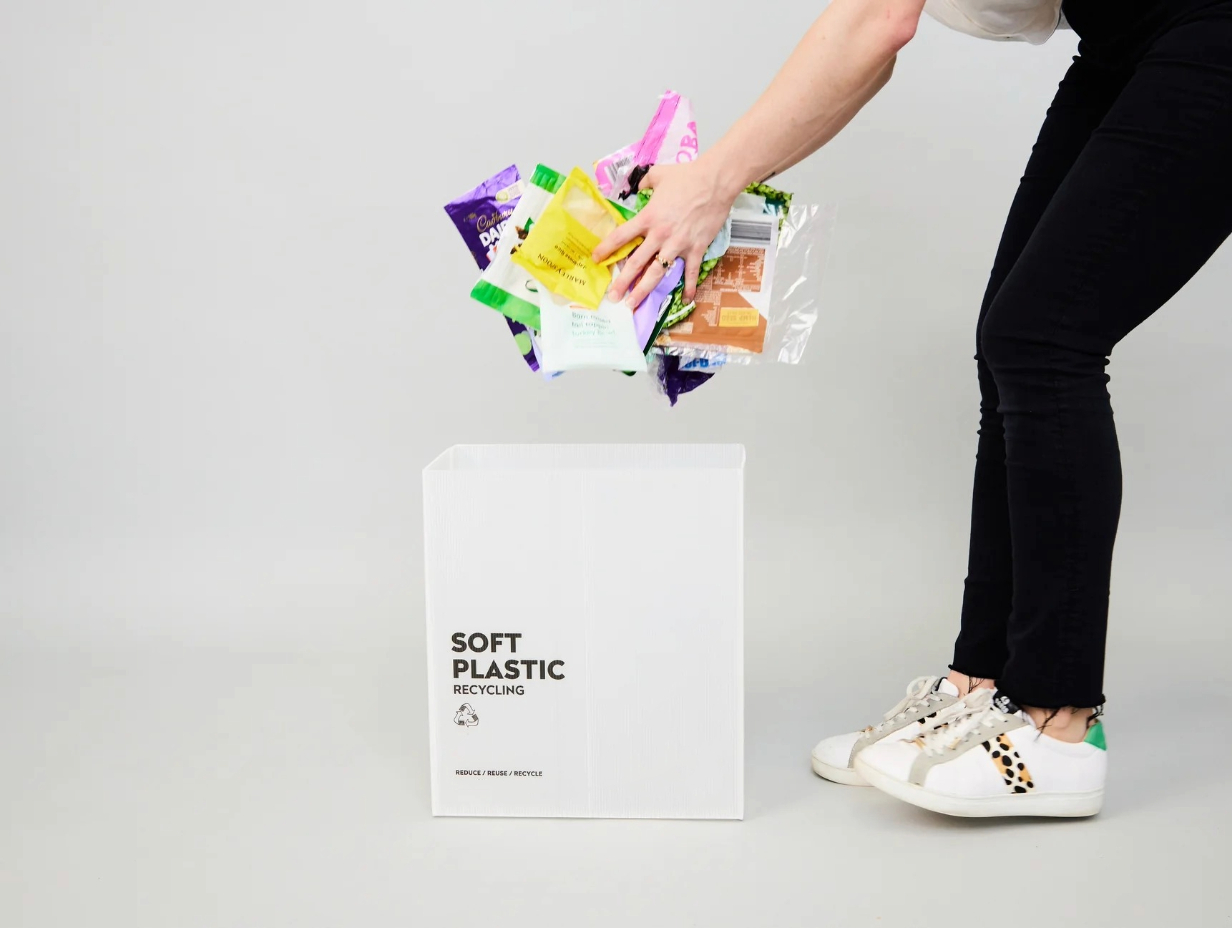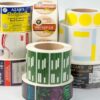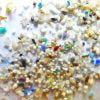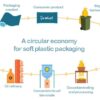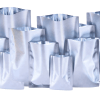Melbourne Supermarkets Pioneer Soft Plastic Recycling Trial
In a groundbreaking initiative, 12 Melbourne supermarkets have embarked on a six-week trial to spearhead the collection and recycling of household soft plastics. This trial, a collaborative effort by the Soft Plastics Taskforce—comprising leading supermarket chains Coles, Woolworths, and Aldi—along with industry and government bodies, marks a significant step towards sustainable waste management and recycling practices.
The primary objective of this trial is to gather crucial data on the volume and types of soft plastics that shoppers return for recycling. This initiative allows customers to deposit their household soft plastics into designated collection bins situated at the entrances of the participating stores. The collected data will play a pivotal role in shaping the future of soft plastics recycling in Australia, providing insights into consumer behaviour and recycling capabilities.
The Soft Plastics Taskforce and its partners are diligently working to address the complexities surrounding the recycling of soft plastics. This includes exploring industry-wide solutions and developing a scalable and efficient collection system. The challenge is significant, given the current scarcity of recycling facilities equipped to handle soft plastics in Australia. Many of these facilities are in the nascent stages of scaling their operations and assessing their capacity to meet increasing demand.
During the trial, a third-party service will collect the soft plastics from each participating supermarket. These materials will then be baled and transported to local recycling partners, where they will undergo processing. The aim is to ensure that these plastics are repurposed into valuable products, contributing to a circular economy and minimizing waste. For instance, recycled soft plastics can be transformed into components for various manufacturing applications, such as materials for construction and consumer goods, thereby achieving zero waste to landfill.
To maintain the momentum of this trial and ensure its success, the taskforce is coordinating closely with logistics and recycling partners. This collaboration is crucial to establishing timely processing schedules for the recycled materials, preventing the accumulation of unprocessed waste. Transparency is a key component of this initiative, with all recycling partners required to report on the volumes of material processed and the outcomes of the recycling efforts.
Although the trial is currently limited to 12 stores, the insights gained will be invaluable in determining the feasibility of expanding the program. The taskforce acknowledges the challenges ahead, particularly the need for a greater number of equipped recycling facilities to handle a broader rollout. However, the trial represents a promising step forward in tackling the issue of soft plastic waste.
This pioneering trial not only highlights the potential for innovative recycling solutions but also underscores the importance of collaboration between supermarkets, the recycling industry, and consumers. As the trial progresses, it will offer a blueprint for how Australia can enhance its recycling infrastructure and practices, setting a precedent for sustainable environmental stewardship.
The taskforce remains optimistic about the future, recognizing that while the journey to widespread soft plastic recycling is complex, the benefits of such an initiative—reducing landfill waste, conserving resources, and supporting a sustainable future—are profound and far-reaching.
As the trial continues, the participating supermarkets and their partners are committed to learning, adapting, and expanding their efforts to make soft plastic recycling accessible to more Australians. This initiative represents a significant step towards realizing a more sustainable and environmentally responsible approach to managing soft plastics, paving the way for a greener Australia.

